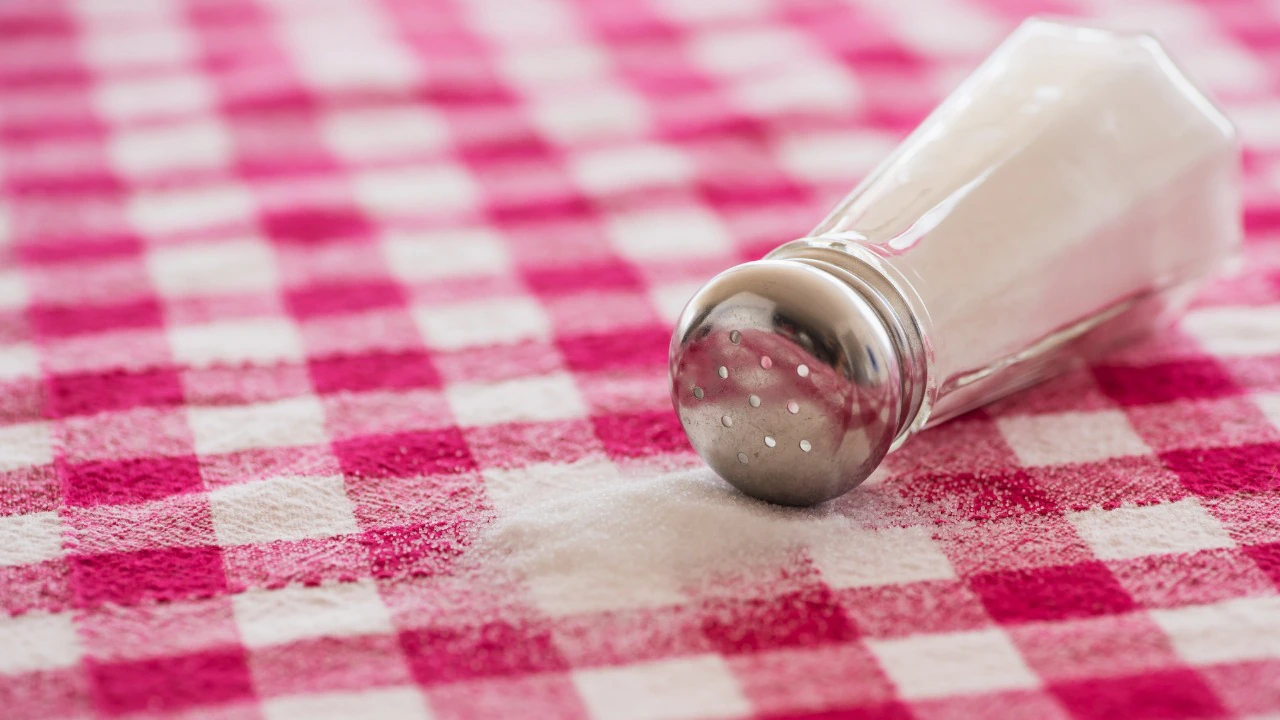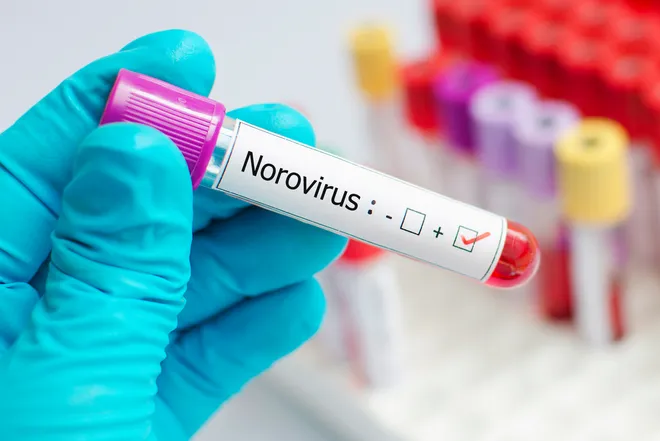Every day, people use salt to improve the flavor of their food and drink. This frequently results in excessive salt consumption. The primary component of salt, sodium, should be used sparingly since too much of it can have various detrimental effects on your health. A recent study highlighted the connection between eczema, a skin condition, and excessive salt consumption. The disease known as eczema causes a weakening of the skin’s barrier function. The inability of the skin to retain moisture and shield the body from the elements causes dry, itchy, and bumpy skin. Another name for it is atopic dermatitis.
High sodium intake has been linked to an increased risk of eczema, according to a recent study. The World Health Organisation recommends the consumption of less than 2000 mg of sodium per day. WHO also emphasizes consuming iodized salt which is fortified with iodine.
According to the study, eating just one extra gram of sodium can raise the risk of eczema flare-ups by 22%. The prevalence of this chronic condition has increased in the modern era due to dietary modifications, lifestyle factors, and industrialization. Research suggests that reducing salt intake can aid in the management of eczema.
Also Read:
Education Agenda is Revealed At Connect Events Marketplace 2024
Google is Benefiting from Microsoft Outsourcing its best AI, According to a Tech CEO.



































